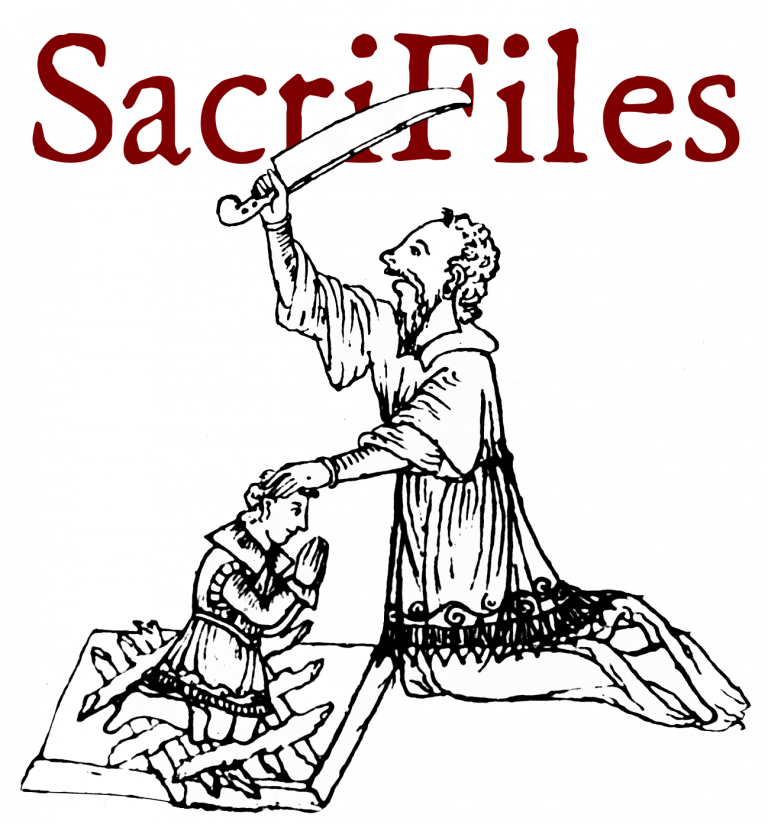Keyword: Anglicanism
filter by:
The unbloody sacrifice, and altar, unvail'd and supported. : In which the nature of the eucharist is explain'd according to the Sentiments of the Christian Church in the Four First Centuries. Part the second. Shewing, The Agreement and Disagreement of the Eucharist with the Sacrifices of the Antients, and the Excellency of the former. The great Moment of the Eucharist both as a Feast, and Sacrifice. The Necessity of frequent Communion. The Unity of the Eucharist. The Nature of Excommunication. And the Primitive Method of Preparation. With Devotions for the Altar. I deny not, but that the Fathers do, and that with great reason, very much magnity the wonderful Mystery, and Efficacy of this Sacrament, and frequently speak of a great Supernatural Change made by the Divine Benediction ; which we also readily acknowledge. Archbishop Tillotson, in his Discourse of Transubstantiation, Pag. 291. of his Works in Folio, publish'd in his Life-Time. By John Johnson, A.M.
London: Robert Knaplock, [1718].
The History Of The Troubles And Tryal Of The Most Reverend Father in God, and Blessed Martyr, William Laud, Lord Arch-Bishop of Canterbury. Wrote by himself, during his Imprisonment in the Tower. To which is prefixed the diary of his own life. Faithfully and Entirely Published from the Original Copy: and subjoined a Supplement to the Preciding History The Arch-Bishp's Last Will; His Large Answer to the Lord Say's Speech Concerning Liturgies; His Annual Accounts of his Province Delivered to the King; and some other Things related to the History.
London: Chiswell, 1695.
Keywords: AnglicanismEnglish Civil War
A vindication of the right reverend the Ld. Bishop of Norwich: from the undeserved reflections of Mr. John Johnson, in his book The unbloody sacrifice and altar unvailed and supported
London: John Morphew, 1714.
Origines Hebrææ: the antiquities of the Hebrew republick: In four books. I. The origin of the Hebrews; their civil government; the constitution of the sanhedrim; forms of trial in courts of justice, &c. II. The ecclesiastical government; the consecration of the high-priests, priests, and levites. The revenue of the priesthood the sects among the Hebrews, pharisees, sadducees, essenes, &c. III. Places of worship. The use of high-places; a survey of the tabernacle, and the proseucha's of the Hebrews. A description of the first temple from the scriptures, and of the second from the rabbinical writings. The sacred utensils. The institution of synagogues, &c. IV. The religion of the hebrews. Their sacrifices; and their libations. The burning of the red heifer, and ceremonies of purification. Their sacraments, publick fasts and festivals, &c. Design'd as an explanation of every branch of the levitical law, and of all the ceremonies and usages of the Hebrews, both civil and sacred
London: Sam Illidge ; John Hooke, 1724.
De Sacrificiis libri duo; quorum altero explicantur omnia Judaeorum, nonnulla Gentium Profanarum Sacrificia altero Sacrificium Christi. Utroque Ecclesiae Catholicae his de rebus Sententia contra Faustum Socinum, ejusque sectatores defenditur
London: Richard Chiswell, 1677.
Dr. Samuel Parker Lord Bishop of Oxford's Reasons for abrogating the test imposed upon all Members of Parliament. Anno 1678. Octob. 30 : In these words: I A.B. do solemnly and sincerely, in the presence of God, profess, testifie, and declare, that I do believe that in the Sacrament of the Lord's Supper there is not any transubstantiation of the elements of bread and wine into the body and blood of Christ, at, or after the consecration thereof by any persons whatsoever; and that the invocation or adoration of the Virgin Mary, or any other saint, and the sacrifice of the Mass, as they are now used in the Church of Rome, are superstitious and idolatrous. First written for the author's own satisfaction; and now published for the benefit of all others whom it may concern
[Edinburgh]: Holy Rood House, 1688.
The regular Christians daily sacrifice, or, A collection of prayers chiefly out of David's Psalms and the rest of the Common prayer book : to be used by the people in their private devotion on all ordinary and special occasions : with a particular office for sacrament-days
Lodon: Ben. Griffin and Sam. Keble, 1685.
Sacrificium missaticum mysterium iniquitatis or, A treatise concerning the sacrifice of mass
London: [William] Griffin, 1768.
An essay upon the nature, design and origin of sacrifices
London: [John] Knapton ; [Paul] Knapton, 1748.
